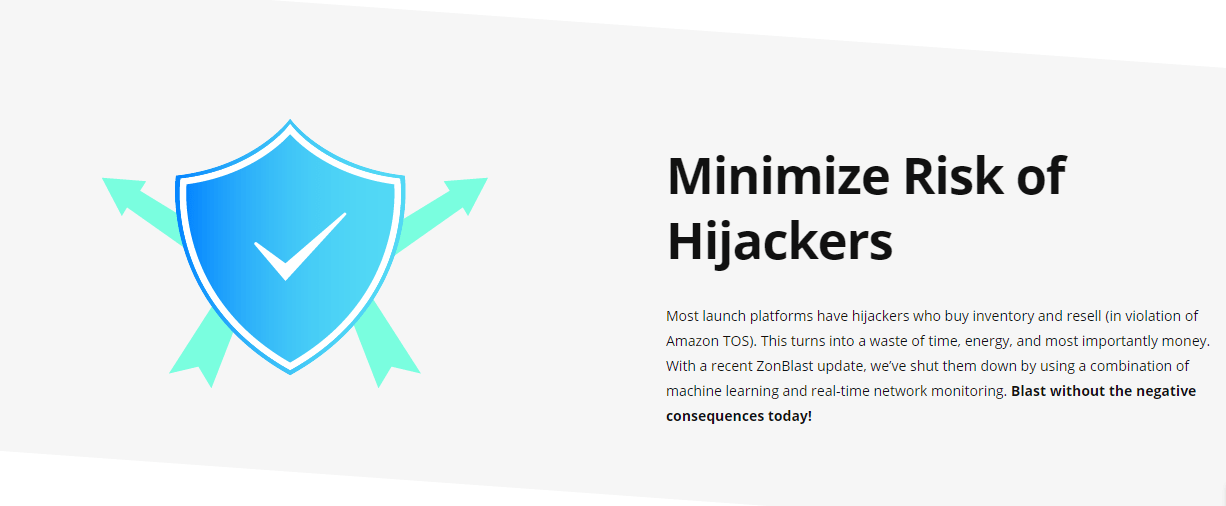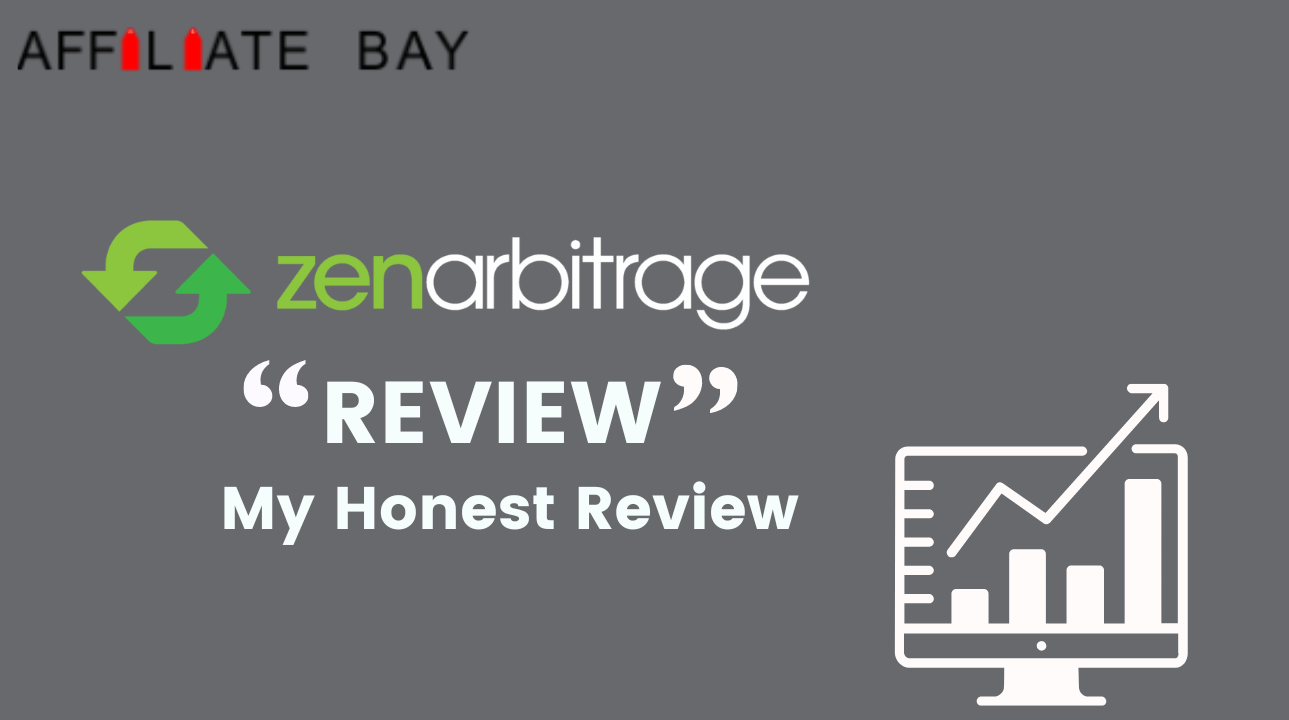
We Got Everything
You Are Searching For!
SUCCESS STORIES




We Got Everything You Are Searching For!
- Find profitable niches easily
- Find profitable niches easily
- Discover easy to rank for keywords
- Discover easy to rank for keywords

Latest Blogs
New From AffiliateBay
We help you keep up with articles featuring in-depth reviews, expert insights, and exclusive tips on the latest affiliate marketing strategies, tools, and trends.
How to Pitch for Guest Blogs?
SEO Friendly Pagination 2024: Best Practices To Be Followed
9 Best Legal Affiliate Programs In 2024 To Earn Passive Money

5+ SEO Tactics To Boost Organic Traffic & Rankings In 2024

What Are Anchor Texts 2024? How To Write A Good Anchor Text?
Guides
Turning your ideas into reality means working on the technical parts. This is when your blog really starts to come together.
Affiliate Programs
Here are the lists of best affiliate programs that you can join and monetize your website as per your niche.
Popular Niche Business Tools
Semrush

5/5
SEMrush is a comprehensive SEO and marketing tool for research, analytics, and optimization of online strategies.
Jungle Scout

5/5
Jungle Scout is an essential Amazon seller tool for product research, tracking, and data-driven decisions to boost sales.
Bright data

4.9/5
Bright Data is a versatile web data collection platform for businesses, providing reliable and ethical data harvesting solutions.
Thinkific

5/5
Thinkific is a user-friendly online course creation and management platform empowering educators to monetize their knowledge effectively.
Explore More Categories
Take The 28 Day SEO Challenge Now
Steal Your
SEO STRATEGY
Download my 2x intelligent spreadsheets to steal your competitors SEO strategy now!
Take The 28 Day SEO Challenge Now
The 7 Day Ecommerce SEO Strategy To Increase Your Search Traffic!
Download my 2x intelligent spreadsheets to steal your competitors SEO strategy now!
What Our Readers Say About Us...



Hi, from AffiliateBay Team
We’re a team that runs successful affiliate websites, and we’re here to share what we’ve learned. Our team shares practical tips and advice for successful affiliate marketing based on our experience in running affiliate websites. We review various products and services, providing unfiltered opinions to help you make informed purchasing decisions.

POPULAR CONTENT
Browse Our Categories

HOSTING
Looking for a new web hosting? Now save a great deal of money using our special coupon codes and deals on the most popular hosting platforms.
EDUCATION
Learn about the top online courses and test preparation. Explore the best deals and honest reviews of popular education platforms and courses.
SOFTWARE COUPON
Get today’s best deals and offers on popular software, services, and online platforms. Save BIG with our new updated coupons.
REVIEW
Explore the word of latest technology with help of our in-depth guides on trending gadgets and tools.The Best Of Affiliatebay


SixLeaf Review (Formerly Zonblast) 2024– Is It Legit Amazon listing promotion service?
Updated on: August 31, 2022
Mirelia Networks Review 2024: Best Ad Network For Adult Dating Traffic?
Updated on: June 5, 2023
Zen Arbitrage Review 🏆 2024: Is It legit Amazon Business Tool? My Honest Review
Updated on: August 30, 2022
Sellerly Review 2024 – Is It A Best Amazon Marketing Tool?
Updated on: September 17, 2023
LeadsMarket Review 2024: Best Pay Per Lead Affiliate Program?
Updated on: June 10, 2023

Become an Affiliate Marketing Pro With Adsterra’s Free Crash Course
Updated on: August 2, 2023
15 Affiliate Marketing Examples For Businesses To Draw Inspiration From
Updated on: February 3, 2024
How To Become An Affiliate Marketer In 2024?- 5 Easy Steps To Get Started
Updated on: January 11, 2024
5+ Best Affiliate Programs That Pay Daily In 2024– Make Passive Income Online
Updated on: February 10, 2024
RollerAds Review 2024: New Push Advertising Network (Try It)
Updated on: August 4, 2023
Why Picante Tech Conference In Europe Is The Best Tech Event?
Updated on: August 18, 2023

Scala Hosting Review 2024: Is It The Best Managed VPS Hosting Provider?
Updated on: August 28, 2022
DreamHost Pricing Plans 2024 | How much is DreamHost Monthly?
Updated on: June 3, 2023
Inmotion Hosting Pricing | How much does InMotion cost?
Updated on: September 4, 2023
eUKhost Review 2024: Could This Web Host Be Underrated?
Updated on: August 10, 2023
WPX Hosting Pricing & Plans 2024: Does WPX provide good value for money?
Updated on: July 29, 2023
Best Web Hosting Service Providers In Singapore (@ $2.95/mo) 2024
Updated on: September 11, 2023

9 Best Crypto Ad Networks in 2024: Best Crypto Traffic Sources
Updated on: August 9, 2023
ADSTYLE Review 2024: Best Native Advertising Network For Publishers?
Updated on: September 22, 2023
BizzOffers Review 2024: Is It The Best Affiliate Network For SAAS Products?
Updated on: November 17, 2023
VortexAds Review 2024 : Is This CPA Network Right For You?
Updated on: September 24, 2023
Newor Media Review 2024– Is It The Best Alternative To Google AdSense?
Updated on: September 18, 2023
AdCombo Review 2024 – Is It The Best Ad Network?
Updated on: September 24, 2023

When to use Bold, Italics and Underline in Your Blogs : Best Writing Tips
Updated on: June 4, 2023
What Exactly Is Trash Art?- The Beginnings Of A Crypto Art Movement In 2024
Updated on: August 15, 2023
250+ Money Affirmations For Financial Abundance and Wealth
Updated on: June 5, 2023
Best Camera For Blogging 2024: By A Blogger & Photographer (Including My Top Pick!)
Updated on: August 22, 2023
Top 15 Best Lifestyle Blogs 2024 : Model For Success
Updated on: August 11, 2023
Google AdSense Banner Sizes 2024 : Top 10 AdSense Formats for Maximum Earnings
Updated on: August 3, 2023We have been featured on










